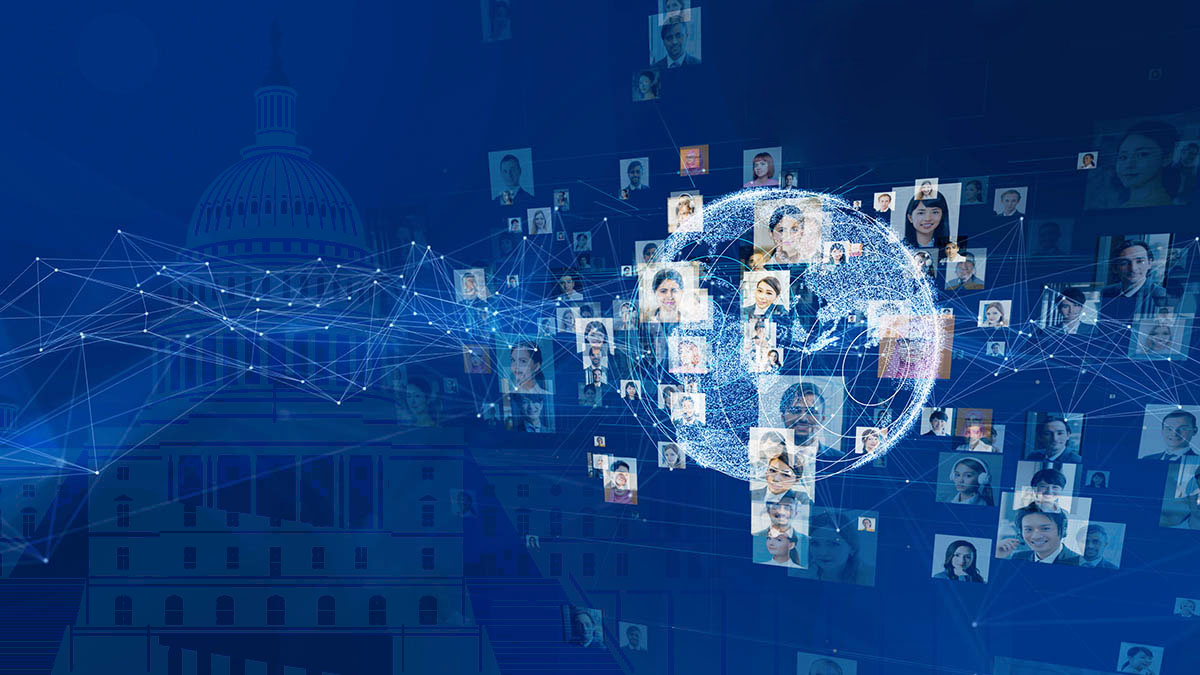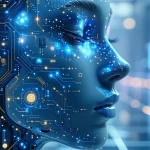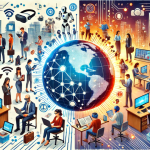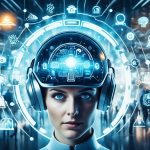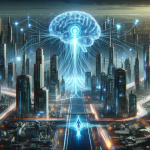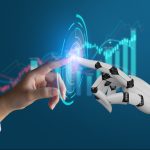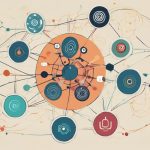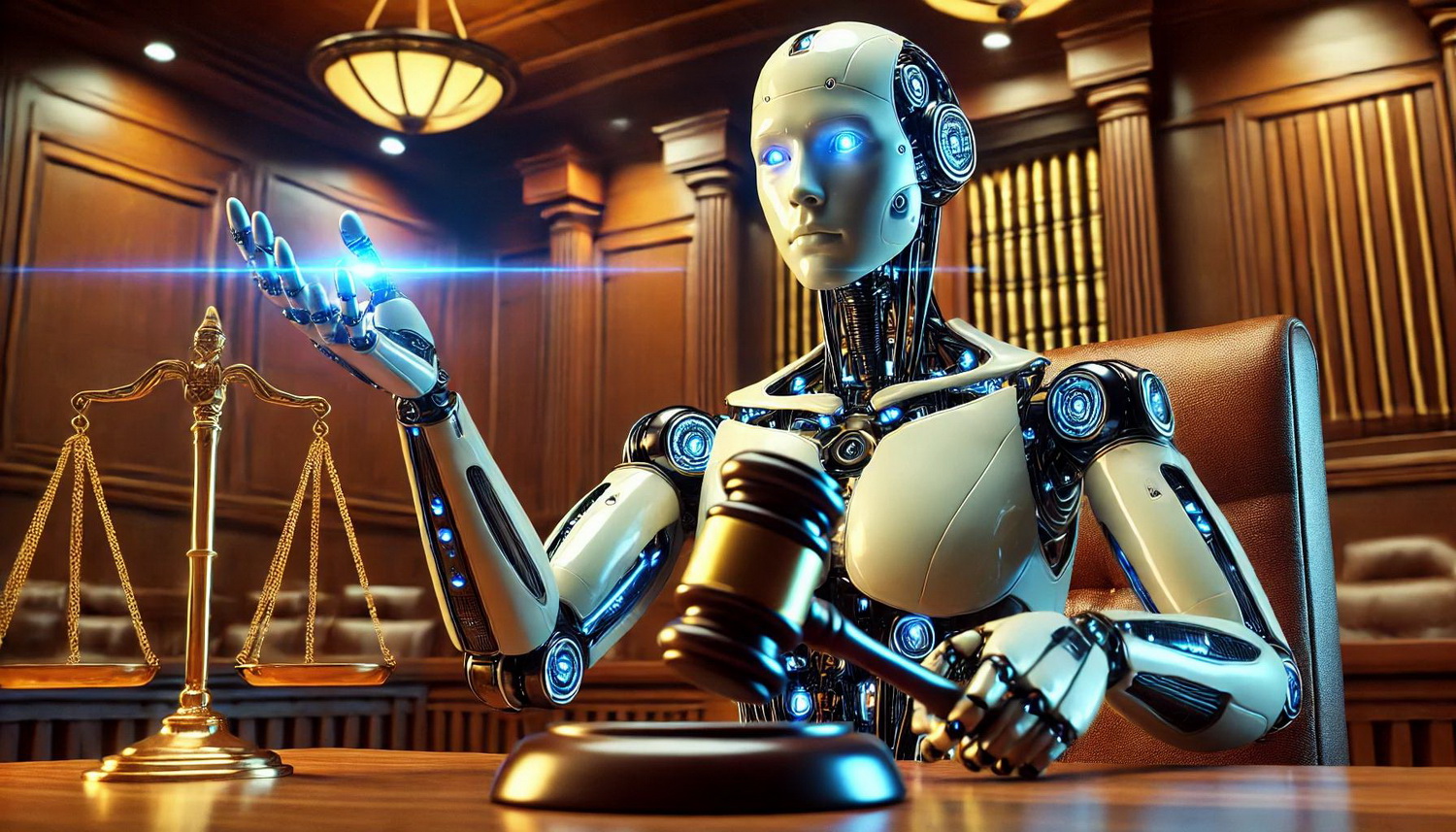Introduction
In today’s interconnected world, technology is no longer just a medium—it is a force shaping politics, media, and entertainment. The rise of artificial intelligence, social platforms, and data analytics has redefined how influence is built and exercised globally.
From political campaigns powered by algorithms to celebrities using digital engagement for activism, the lines between tech, fame, and governance have blurred. This digital convergence is transforming how societies understand authority and credibility.
The Political Shift Toward Data-Driven Power
Governments have increasingly adopted data and AI to understand voter behavior and manage public perception. Political campaigns now rely on digital platforms to craft tailored messages that resonate with specific demographics. This strategy has made elections more scientific but also more susceptible to manipulation.
At the same time, the use of predictive algorithms in public policy has raised debates about transparency and accountability. As data becomes a political asset, the question arises—who truly holds power: elected leaders or the unseen digital systems guiding their decisions?
Celebrities as Political Voices in the Digital Age
Celebrities have embraced social media to amplify political causes, making their voices as powerful as traditional leaders. Figures like Taylor Swift, Leonardo DiCaprio, and BTS use their platforms to discuss climate change, social justice, and voting rights. Their reach transforms public conversations into movements.
This trend shows how the entertainment industry has evolved into a force of social influence. By merging fame with advocacy, celebrities are bridging the gap between popular culture and political responsibility, creating a new kind of digital diplomacy.
The Role of Artificial Intelligence in Media Manipulation
AI has given rise to tools that can generate realistic content—from deepfake videos to automated news articles. While these innovations enhance storytelling and efficiency, they also create fertile ground for misinformation. The ability to alter perception through AI-generated media poses serious risks to truth and democracy.
Newsrooms are now racing to integrate ethical guidelines and detection systems to counter false narratives. The balance between technological creativity and journalistic integrity has never been more delicate or more essential.
Tech Giants and Their Growing Political Footprint
Major technology corporations like Google, Meta, and X (formerly Twitter) now play indirect roles in shaping global politics. Their control over information flow gives them unparalleled power to influence public discourse and policy outcomes.
Critics argue that these companies act as unelected gatekeepers of truth, determining what billions of people see, share, and believe. As governments push for regulation, the world watches how these tech giants navigate the fine line between freedom of speech and responsible governance.
AI-Generated Celebrities and the Future of Influence
The entertainment world is experimenting with AI-generated personalities—virtual influencers who never age, tire, or err. These digital figures attract millions of followers and lucrative brand deals, challenging human celebrities in both reach and reliability.
This phenomenon blurs the definition of authenticity. As audiences engage with artificial personas, it raises a profound question about emotional connection—can machines evoke genuine empathy, or are we entering an age of programmed fame?
Global Implications of the Tech-Influence Convergence
The fusion of technology, politics, and celebrity influence has reshaped international communication. Political campaigns are globalized, entertainment crosses borders effortlessly, and social activism travels faster than ever. This interconnectedness has both empowered citizens and destabilized institutions.
Nations are now competing not only for economic strength but also for digital narrative control. The ability to shape perception through technology has become a modern form of soft power, influencing global opinion without direct intervention.
The Ethical Crossroads of Innovation and Manipulation
While digital tools empower voices and spread awareness, they also carry the risk of manipulation and exploitation. The same algorithms that promote education and progress can also reinforce bias and misinformation. Ethics must evolve alongside innovation to ensure technology remains a force for good.
Governments, corporations, and individuals must collaborate to define moral boundaries in the digital realm. The responsibility to protect truth, privacy, and human dignity lies in collective action, not isolated oversight.
FAQs
How has technology changed politics?
Technology has introduced data-driven campaigning and AI-assisted governance, transforming how leaders connect with citizens.
Are celebrities influencing political movements?
Yes, many celebrities use their platforms to raise awareness and drive activism on global issues like climate change and equality.
What dangers does AI bring to media?
AI can create fake videos, manipulate news, and distort facts, making it harder to distinguish truth from fabrication.
Why are tech companies involved in politics?
Their platforms shape information flow, giving them indirect control over public discourse and political sentiment.
Can AI-generated influencers replace real celebrities?
They may dominate commercial spaces, but emotional authenticity still gives human celebrities an irreplaceable edge.
Conclusion
The intersection of technology, politics, and celebrity culture defines the modern landscape of influence. AI and digital platforms have created a world where power is no longer confined to institutions—it flows through data, popularity, and algorithms.
As innovation accelerates, humanity must navigate the ethical boundaries of this new paradigm. The challenge ahead lies in preserving truth, empathy, and accountability within an ever-evolving digital civilization where influence itself has become the world’s most valuable currency.

